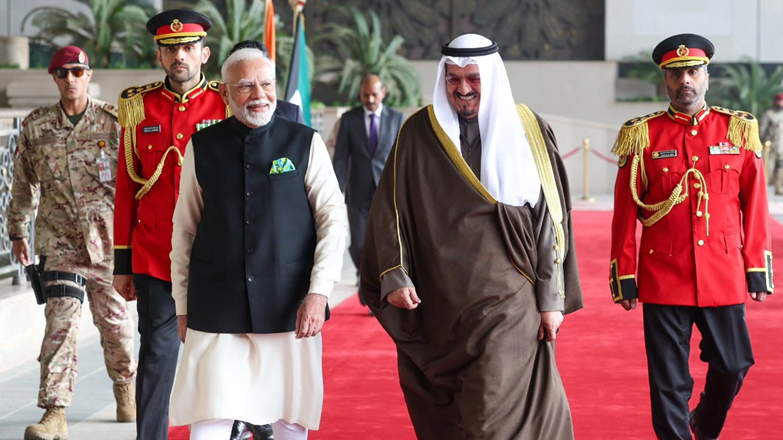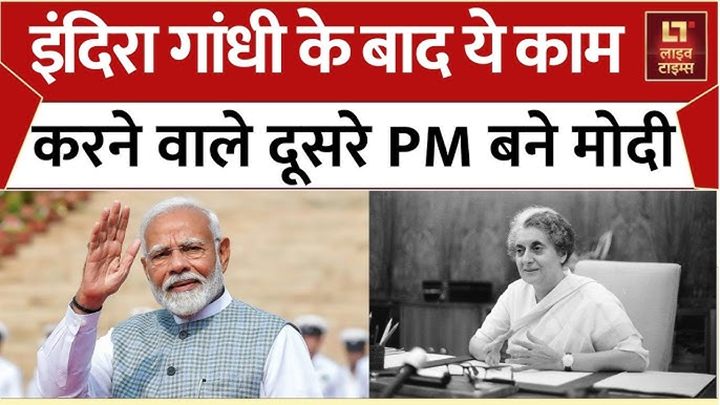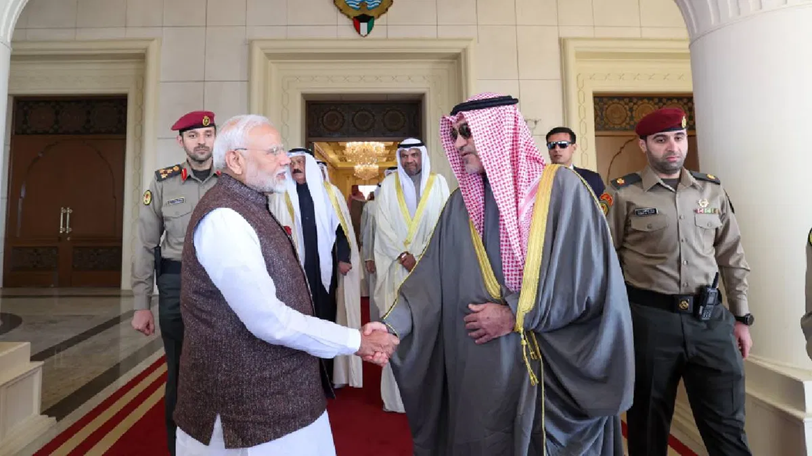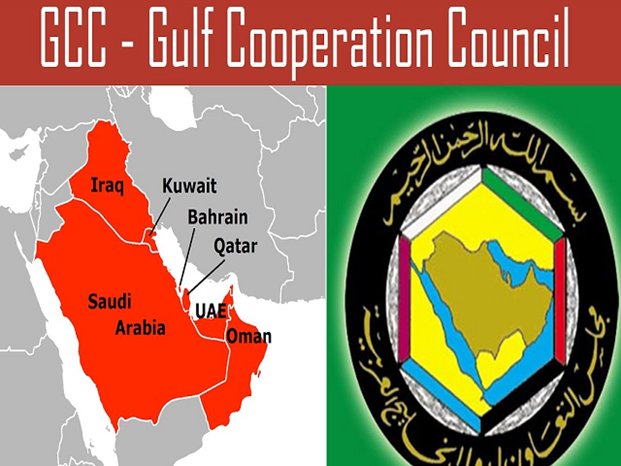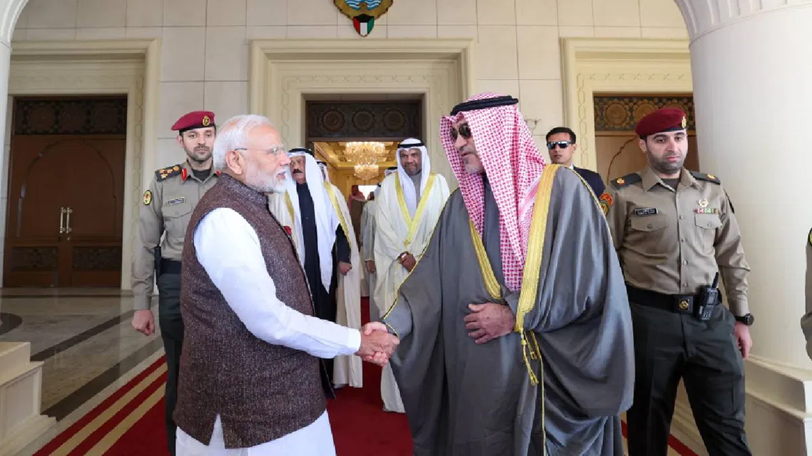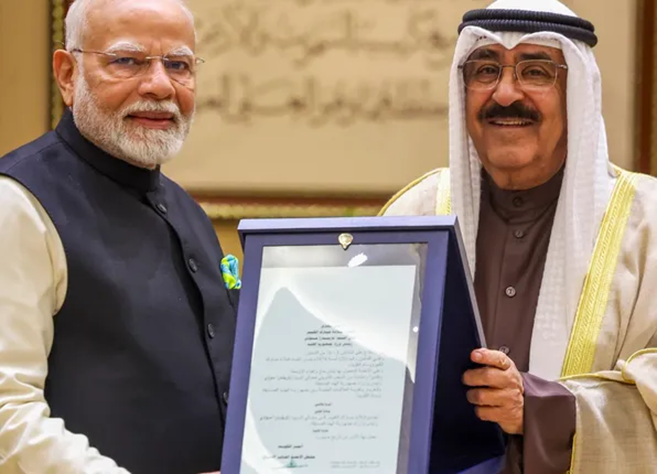Prime Minister Narendra Modi was awarded the Wisam Mubarak al-Kabeer, or the Order of Mubarak the Great, by Sheikh Meshal Al-Ahmad Al-Jaber Al-Sabah, the Amir of Kuwait. The Order of Mubarak Al-Kabeer is the highest national award of Kuwait. Here’s what you should know about the award, and the significance of PM Modi receiving it. PM Modi embarked on a two-day visit to Kuwait, becoming the first Indian Prime Minister to tour the Gulf nation in 43 years.
PM Modi Awarded Order Of Mubarak Al-Kabeer
Why In News
- Prime Minister Narendra Modi was awarded the Wisam Mubarak al-Kabeer, or the Order of Mubarak the Great, by Sheikh Meshal Al-Ahmad Al-Jaber Al-Sabah, the Amir of Kuwait. The Order of Mubarak Al-Kabeer is the highest national award of Kuwait. Here’s what you should know about the award, and the significance of PM Modi receiving it. PM Modi embarked on a two-day visit to Kuwait, becoming the first Indian Prime Minister to tour the Gulf nation in 43 years.
What Is The Order of Mubarak Al-Kabeer
- Order of Mubarak Al-Kabeer is conferred by the Kuwaiti government on Heads of State, Sovereigns of foreign countries, and on members of foreign royal families as a sign of friendship and goodwill.
- Before PM Modi, recipients include Queen Elizabeth II of England, former American Presidents George HW Bush and Bill Clinton, King Salman of Saudi Arabia, former French President Nicolas Sarkozy, among others.
- The award was instituted in 1974, in the memory of Mubarak Al Sabah — also known as Mubarak al-Kabeer or Mubarak the Great — who ruled Kuwait from 1896 to 1915. Under his reign, Kuwait got more autonomy from the Ottoman Empire. In 1899, Mubarak signed a deal with Britain to guard his kingdom from Turkey, effectively becoming a British protectorate. Mubarak is known for playing a major role in shaping the future of Kuwait.
- The design of the award changed in 1992, after Kuwait was liberated from Iraq in the year before.
India Kuwait
- Ministry of External Affairs said, “The conferment of the award on this historic visit of a Prime Minister of India to Kuwait after 43 years added a special meaning to the occasion.”
- Before Modi, the last Indian PM to visit Kuwait was Indira Gandhi in 1981.
- Kuwait is among the top trading partners of India, with bilateral trade valued at $10.47 billion in 2023-24. It is also India’s sixth largest crude supplier, meeting three per cent of the country’s energy needs. Indian exports to Kuwait reached $2 billion for the first time, while investments by the Kuwait Investment Authority in India exceed $10 billion.
- Modi voiced willingness to help efforts that could lead to an early restoration of peace in Gaza and Ukraine, asserting solutions to such conflicts cannot be found on the battlefield. he emphasised the importance of sincere and practical engagement between the stakeholders for bridging differences and achieving negotiated settlements.
- Modi also reiterated India’s support for a negotiated two-state solution towards the establishment of a sovereign, independent and viable state of Palestine within secure and recognised borders, according to the interview.
- With Kuwait standing as India’s sixth largest crude supplier and fourth largest LPG supplier, Modi said the scope for further collaboration is immense as his country emerges as the third biggest global energy, oil and LPG consumer.
- Kuwait holds around 6.5 per cent of global oil reserves, he said. Modi said that the petrochemical sector offers another promising avenue for collaboration as India’s rapidly growing petrochemical industry is set to become USD 300 billion by 2025.
- The energy partnership between the two countries is not only a pillar of economic relationship but also a driver for diversified and sustainable growth, setting a path towards a future of shared prosperity, he said.
- Modi described the Gulf Cooperation Council (GCC), an organisation of six Middle East countries, including Kuwait, having vital significance for India. India’s relationship with the Gulf is rooted in historical, cultural and trade linkages, with the GCC region accounting for around one-sixth of India’s total trade and hosting around one-third of the Indian diaspora, he said.
- Around nine million Indians residing in the region are contributing positively to its economic growth, he added.
- The prime minister said the Indian community acts as a living bridge between the two countries.
- Trade and commerce, which have been on an upswing, have served as important pillars of their bilateral relationship, he said.
- In the interview, he expressed happiness with ’Made in India’ products, particularly in automobile, electrical and mechanical machinery and telecom sector, making inroads in Kuwait.
Conclusion
- Modi added that there is a considerable potential to expand bilateral cooperation in the pharmaceutical, health, technology, digital, innovation and textile sectors.
- India and Kuwait share a deep and historic bond and the relationship between both countries has always been one of warmth and friendship, he said, adding that the crosscurrents of history and exchanges through ideas and commerce have brought people close and together.


